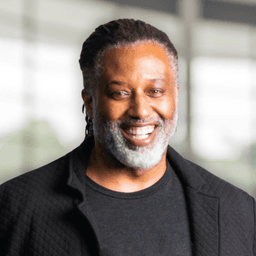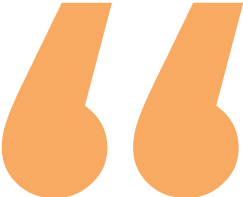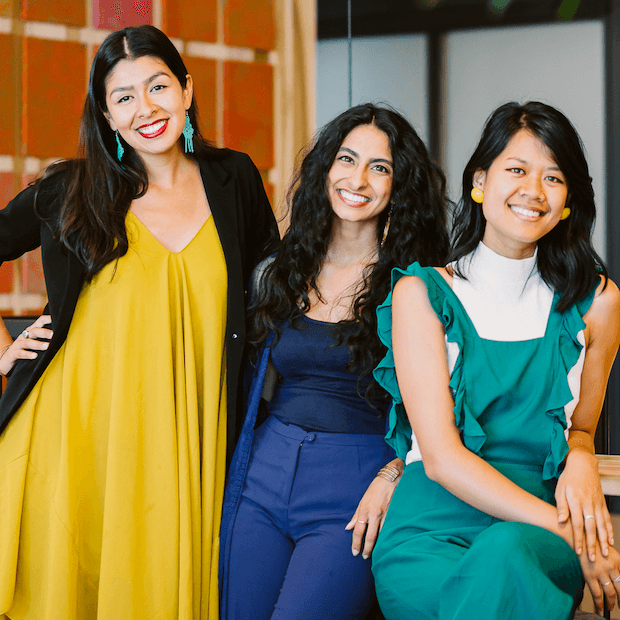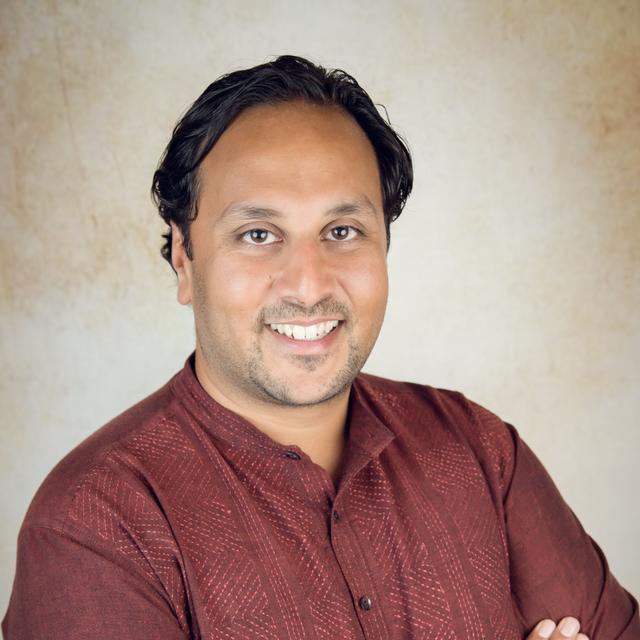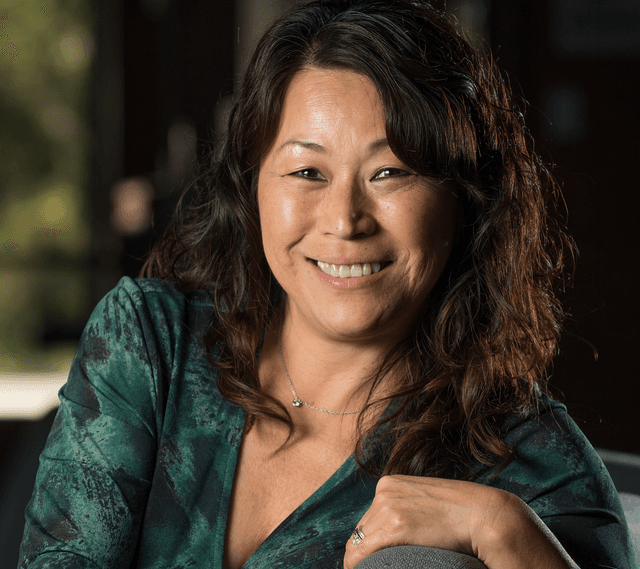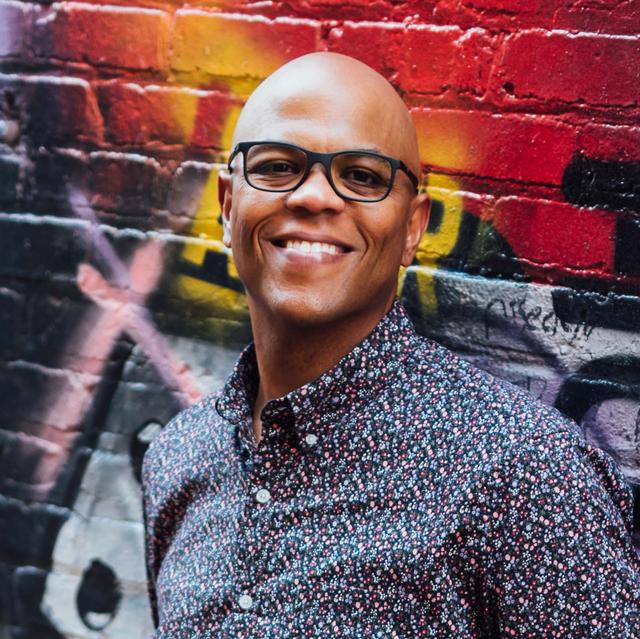Mohammed Soriano-Bilal is an accomplished Diversity, Equity, and Inclusion (DEI) consultant, educator, and a strategist. He has spent the last 20 years using DEI strategy to help campuses, nonprofits, and Fortune 500 companies like Twitter, Nokia, the Springfield Housing Authority, and the Progressive Corporation remove blockages that stand in the way of impact and growth.
Currently Mohammed serves as Associate Dean and Director of the Office for Inclusion, Belonging and Intergroup Communication at Stanford University, where he oversees a team of skilled facilitator-scholars, teaches two courses on intergroup communication, consults on DEI issues, including recruitment, retention, and design innovation, and explores his scholarly passion for the confluence of equity, art, and innovation. He previously served as Executive Director of the African American Art and Culture Complex, one of San Francisco city's six cultural centers.
Mohammed is also known as the voice of reason on MTV's Real World San Francisco. He is an acclaimed poet and an award-winning producer of both music and film. As a multi-disciplinarian artist, Mohammed has collaborated with Santana, Public Enemy, Ben Harper, De La Soul, Danny Glover and Mos Def. His music has been featured on NBC, the CW, and at the Sundance Film Festival. He wrote a weekly column for the San Francisco Bay Guardian .
His film work includes "If I Were President," an election campaign that helped register 200,000 first-time voters of color and "Vocabulary of Change," a SpeakOut-sponsored live conversation between Angela Davis and Tim Wise. Mohammed is also the director of the film, "Towards Excellence," which explores diversity and equity at independent schools. The documentary looks closely at the problematic 80’s, when many private schools intentionally/experimentally increased admittance of African American students to meet self-imposed quotas. Through interviews with some of today’s top administrators, the film offers valuable insights for building vibrant and inclusive school communities. Bilal, who attended and taught at independent schools, unravels power and privilege, race, gender and space.
Racial Equity and Allyship
How do we move through our socialization around difference toward connectedness? How do we leverage that connectedness toward Equity? Allyship is not about the Other. It’s our unselfish, inner journey toward social impact in the greater world. Participants explore bias, prejudice, discrimination, and oppression, alongside love and compassion, to gain a deeper understanding of racism and racial equity. Similarly, participants examine the Allyship Spectrum and other everyday actions they can take to positively impact others.
12 Steps Toward Inclusion
In my signature Inclusion 101 presentation, I use hip-hop, humor, and scholarship as tools to enchant participants and demonstrate the ways in which diversity, equity, and inclusion can be empowering and exciting.
Blackness and Space Awareness
While people of any composition are allowed equal treatment under US law, do Black Americans occupy the same space as White Americans? Hurricane Katrina, the Digital Divide, the death of Trayvon Martin, and the Federal abandonment of (un)affordable housing in big-city America, all shed light on the ways in which “space is proscribed, denied, and ascribed” for people of African descent living in the US. As a former resident in affordable housing, I use scholarship, personal narratives, and spoken word to highlight the ongoing quest for equity and inclusion in America. By exploring Blackness and Space, I offer a timely understanding of the structural and systemic issues that underpin what it means to be American.
Freedom Dialogues: Navigating Conflict and Fostering a Liberatory Culture in Higher Education
In this session, Mohammed delves into the multifaceted role of dialogue in creating inclusive and equitable environments for all stakeholders – staff, students, and faculty alike. Through experiential activities, participants will learn how to harness the power of dialogue to build empathy, navigate socio-political animus, and foster a liberatory culture. Key topics include:
- Understanding the transformative potential of dialogue in addressing conflicts and fostering liberation.
- Strategies for promoting empathy and understanding among diverse stakeholders.
- Techniques for challenging oppressive systems and structures within higher education institutions.
- Empowering marginalized voices to drive meaningful change and advocate for social justice.
By the end of the workshop, participants will emerge equipped with actionable insights and concrete strategies for implementing a transformative dialogue program at your institution.
How to Create Brave and Safer Spaces in an Anxious World
How can we have difficult or challenging conversations with people who may not agree with or grasp our perspectives? How do we create safer, structured environments where people from different social identities can explore power, privilege, positionality, and systems of belief? We live in a time of unprecedented change and uncertainty, a situation which has forced many to seek refuge in comfortable, familiar spaces devoid of meaningful differences and ideological challenges. In this workshop, Mohammed utilizes experiential activities and scholarship to catalyze intergroup dialogue and understanding across differences. Participants will learn dialogic methods for examining their own social identity and its relationship to power, alongside skills for designing braver and safer spaces - so necessary for engaging more people to transform our institutions to be true beacons for equity and social justice.
